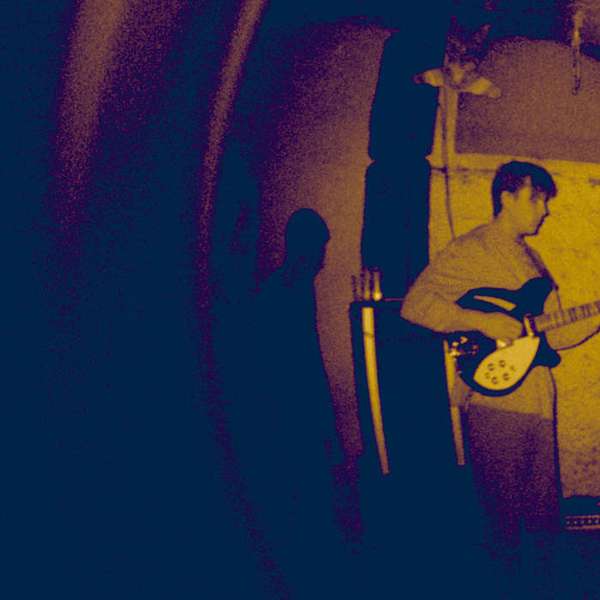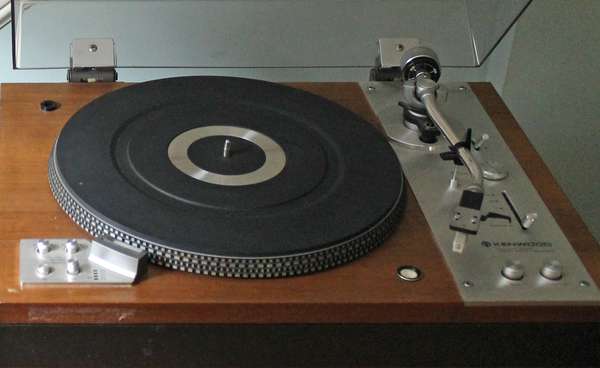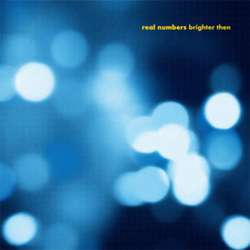There are a lot of traps in music journalism. Some, like genre, are the same traps that artists fall into. Because of the constrained vocabulary of describing sounds it can be a challenge to speak of a difference between influence, mimicry, and hybrids. So often when a modern band is described as in tune with an early sound, it’s nostalgic but with a foot forward: a modern style with a classic component. With Real Numbers it’s a modern twist on an older style and that distinction is important.
Throughout the 10 song Wordless Wonder album from this Minneapolis quartet it’s a ‘60s throwback but with a modern sensibility. The production, key, and sound are classic. The lyricism and tone are 2010s, best described in the title of the final song, “This Happy Sadness,” but the melodies feel straight out of 1967.
The tunes on Wordless Wonder are truly light and sunny. There’s an easy going air and a “so what” attitude as if the world’s problems are just blowing past. Underlying that adrift ambiance, though, are Eli Hansen’s vocals that harkens for better days in a streaming lament that has momentary light spells and occasionally angry bursts over 25 minutes, but never really gets out sounding like he’s in a pit of despair.
Hansen and Ian Nygaard share guitar duties, and the guitar is the standout element within Real Numbers’ sound, though it’s a culmination of the four members’ contributions. The tones that dance throughout the melancholy “Only Two Can Play” break through the cloudy vocals, whereas “Wordless Wonder” is a dreamy and melodic track where surf-tinged guitar layers atop a mellow psych-garage-pop rock. In “Up & About,” it’s a blast of that interplays with a rhythmic bounce step, showing a little more pep before the album drifts into the final “The Happy Sadness,” which adds keyboard into the somber but harmonic and somehow pleasing tone. Other songs like the brooding “Public Domain” and the psych-lite “Sister’s Serving Tray” continue that same vibe, but showcase new direction in each song, a depth of mood that never lets Hansen’s vocal delivery get too heavy-handed.
The songs are alternately surf-like brightness in contrast with a hushed dream state and a woeful lament. Hansen’s vocals are mostly in the same key throughout, which keeps that aloft air floating above the 10 tracks while the song structures pick and play within a 1960s convention that never bastardizes the formula. Wordless Wonder sounds something like a happy record and it has the power to pick up your mood on a bad day, even if I keep coming back to calling it happy sadness.






